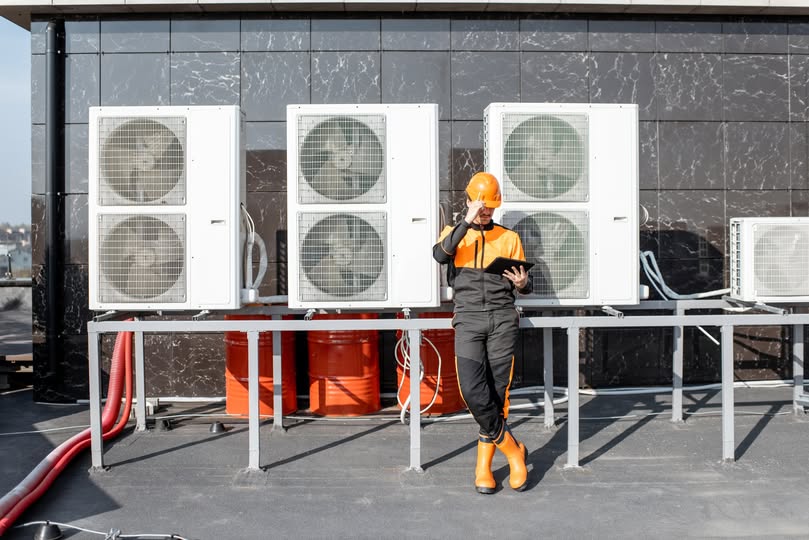As our planet faces the pressing issue of climate change, it is crucial to explore eco-friendly solutions in all aspects of our lives. One significant area where we can make a difference is in our HVAC (Heating, Ventilation, and Air Conditioning) systems. By choosing eco-friendly HVAC options, we not only reduce our carbon footprint but also save on energy costs. The professional and highly skilled team from A-Plus Quality is here to help you make the switch to environmentally friendly HVAC solutions.
Here are some eco-friendly HVAC options and their impact on reducing carbon footprints:
-
Energy-Efficient Heat Pumps: Heat pumps can provide both heating and cooling efficiently. They work by transferring heat rather than generating it, reducing energy consumption.
-
Geothermal Heat Pumps: These systems use the Earth's constant temperature to provide heating and cooling, reducing the need for traditional heating and cooling methods.
-
Solar-Powered HVAC: Solar panels can power your HVAC system, reducing the reliance on non-renewable energy sources.
-
High-Efficiency Air Filters: Using high-efficiency air filters in your HVAC system can improve indoor air quality and reduce the need for frequent filter changes.
-
Programmable Thermostats: These devices help optimize your HVAC system by adjusting the temperature based on your schedule, reducing unnecessary energy use.
-
Zoned HVAC Systems: Zoned systems allow you to heat or cool specific areas of your home, reducing energy waste.
-
Energy Recovery Ventilators: These systems exchange indoor and outdoor air while preserving energy, improving indoor air quality.
-
Regular Maintenance: Proper maintenance ensures your HVAC system operates efficiently, reducing its carbon footprint.
The impact of adopting eco-friendly HVAC solutions is significant. It reduces greenhouse gas emissions, conserves energy, and decreases the overall environmental impact of heating and cooling. Additionally, you can enjoy lower energy bills and improved indoor air quality.
By choosing A-Plus Quality's professional team, you can make a seamless transition to these eco-friendly HVAC options, ensuring that your home is both comfortable and environmentally responsible.



